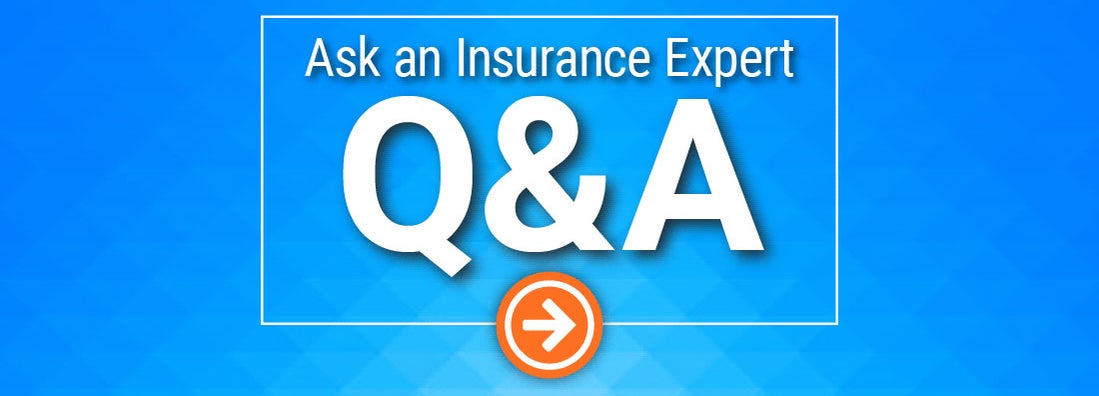How Can I Protect My Family From Cyber Crime?
(Get your answers from an expert and find the coverage you need.)
Updated

Q: How Can I Protect My Family From Cyber Crime?
A: The Internet's popularity comes with its benefits, but it's also led to cyber crime. Cyber crime generally describes issues like theft, fraud, and abuse, all of which are increasingly common as more and more people rely on the Internet. The most common types of cyber crime include:
- Security breaches
- Identity theft
- Cyber stalking
- Harassment
- Bullying
No matter which type of cyber crime you're prone to, there are steps you can take to protect yourself. Here are some ideas you may want to implement:
- Strengthen your passwords: If you're using simple passwords that include your last name, you're more prone to hacking. Use complicated passwords with letters, numbers, and symbols. Use different passwords on different sites and change your passwords regularly.
- Update your software: A lot of people dismiss software updates as inconveniences. However, software updates often fix flaws or anticipated security threats. Always update when prompted.
- Pay attention to breaches: Companies that suffer from security breaches publicize the breaches and contact customers. Pay attention if this happens, since you may want to change your other passwords when your information's been compromised.
- Be smart: If you ever receive a suspicious email or other communication requesting personal information, never provide it. It's better to be smart and withhold information than to provide it, even if the source appears authentic. Your rule of thumb: Never give out your password or personal data.
- Don't download anything from an unknown source: If you don't know where something's coming from, don't download it. Also avoid clicking links in suspicious emails or on the Internet if you don't know the source.
